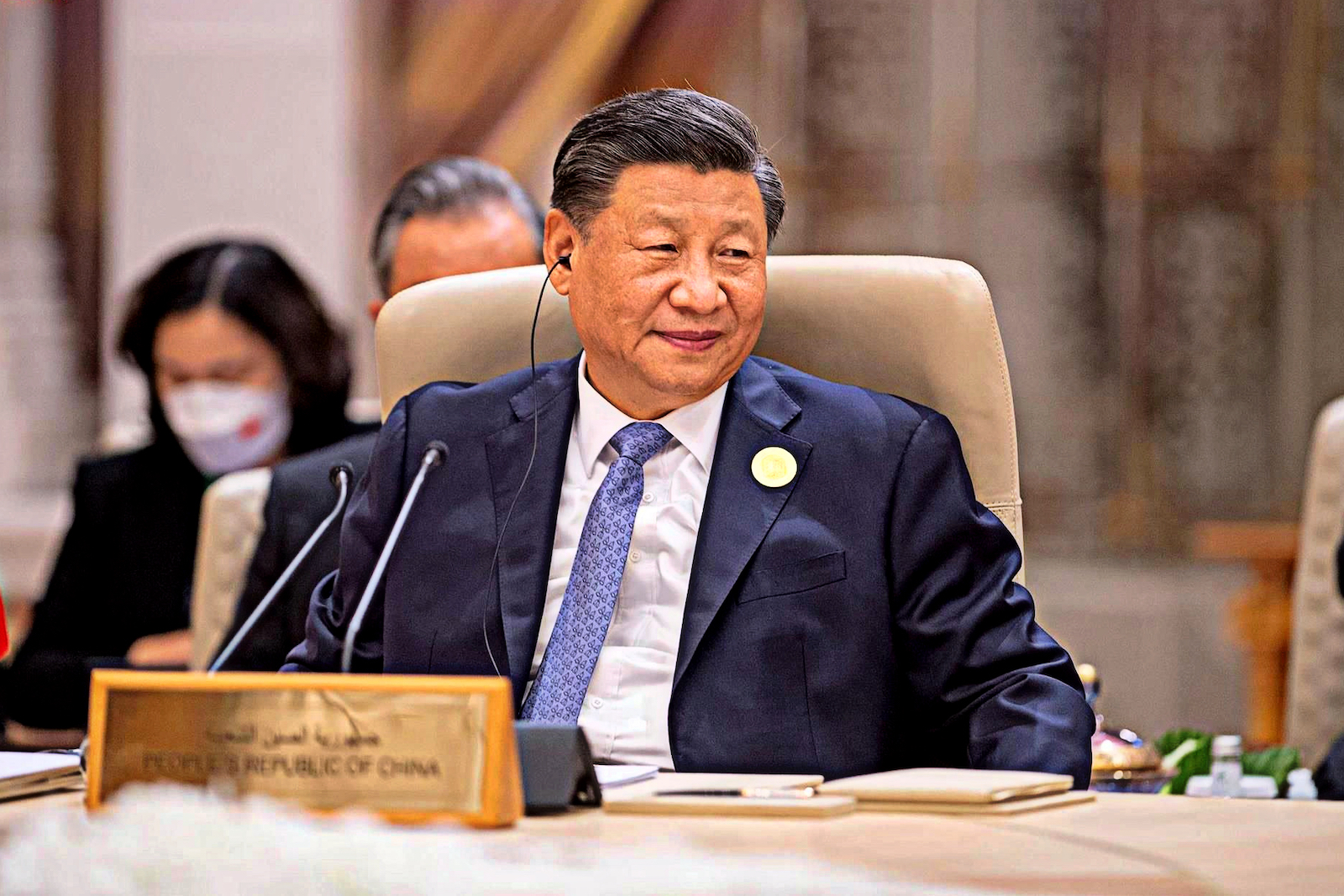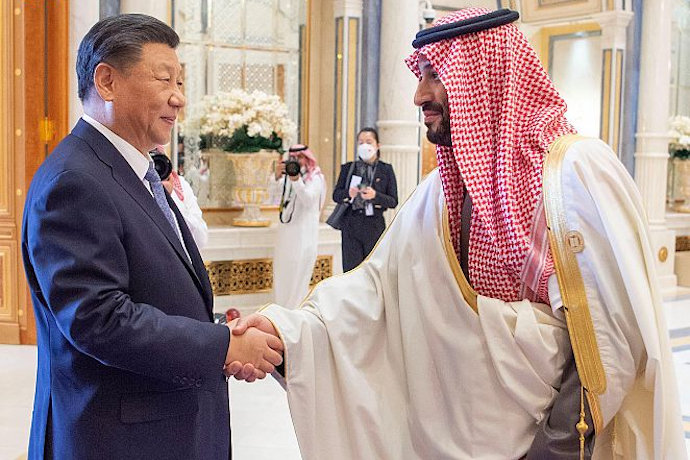
Key Takeaways from Xi Jinping’s Visit to Saudi Arabia
Chinese President Xi Jinping made a state visit to Saudi Arabia last week, marking the first time a Chinese head of state has visited the kingdom in almost a decade.
The visit carries significant implications for the future of China-Saudi Arabia relations, as both countries look to strengthen their strategic partnership and expand cooperation in various fields. Saudi Crown Prince Mohammed bin Salman, the de facto ruler of Saudi Arabia, the world’s biggest oil exporter, greeted Xi at the Yamamah Palace. China is the world’s largest importer of crude oil, for which it is heavily reliant on Saudi Arabia. As the Chinese leader heralded “a new era” in ties, the world watched closely as these ties will have major implications on an international level.
Saudi state media announced 34 investment agreements between the two countries in sectors including green hydrogen, information technology, transport, and construction. One of the main reasons behind Xi’s visit to Saudi Arabia is to further advance the Belt and Road Initiative, China’s ambitious plan to connect Asia, Europe, and Africa through infrastructure projects and trade. Saudi Arabia is a key partner in the BRI, as it sits at the crossroads of Asia and Europe and is a major transit hub for goods and energy.
The kingdom has already signed several agreements with China to cooperate on BRI projects, including a $10 billion refinery and petrochemical complex in Yanbu, a $1.5 billion solar power plant in Sakaka, and a $7 billion railway project connecting Jeddah to Mecca and Medina.
During his visit, Xi signed new agreements with Saudi Arabia to further expand BRI cooperation. These included a high-speed rail project linking Riyadh with Jeddah and Dammam, a natural gas pipeline from the Persian Gulf to China, and a $10 billion investment in Saudi Aramco’s IPO. These projects will not only boost Saudi Arabia’s economic development but also enhance China’s energy security and trade connectivity.

Another important aspect of Xi’s visit was to enhance the strategic partnership between China and Saudi Arabia. In recent years, both countries have sought to diversify their alliances and reduce their reliance on the United States. Saudi Arabia, in particular, has been looking to strengthen its ties with China as a counterbalance to the U.S., its traditional ally. In this regard, Xi’s visit was seen as an opportunity for both countries to reaffirm their commitment to the strategic partnership and explore new areas of cooperation.
One potential area of cooperation is in defense and security. In 2018, China and Saudi Arabia signed an agreement to establish a joint military training center in the kingdom. This center will be used to train Saudi military personnel in various aspects of military operations, including counterterrorism and peacekeeping. The leaders announced further cooperation in defense and security, such as joint military exercises and intelligence sharing.
Another area of cooperation is technology and innovation. Saudi Arabia is currently undergoing a major transformation under its Vision 2030 plan, which seeks to diversify the kingdom’s economy and reduce its reliance on oil. As part of this plan, Saudi Arabia is investing heavily in technology and innovation and is looking to partner with leading technology companies around the world. China, with its advanced technology and expertise in areas such as artificial intelligence and robotics, is a natural partner for Saudi Arabia in this regard. During his visit, Xi also announced new agreements to cooperate on technology and innovation, such as joint research and development projects and technology transfer.
What is clear from the visit is that Riyadh and Beijing are in the midst of developing their growing strategic partnership. The meeting between Xi Jinping and Mohammed bin Salman sends a clear message in a regional and international context, especially when viewed against the background of the estrangement between Saudi Arabia and the United States since U.S. President Joe Biden came into office. The Saudis are reconfiguring alliances at the regional level in the belief that they can play an important role in the multi-polar geopolitical scenario that is emerging as Russia and China gain strength.
Xi’s visit to Saudi Arabia was viewed as important to the future of China-Saudi Arabia relations and carries significant regional and international implications as well. The visit will be an opportunity for both countries to further advance the BRI and expand cooperation in various fields, including defense and security, technology, and innovation. The strengthening of China-Saudi Arabia relations will now place other countries on alert as alliances change and a new world order emerges.

